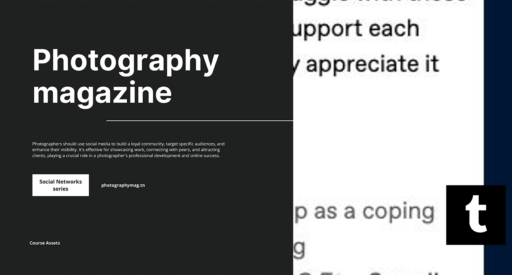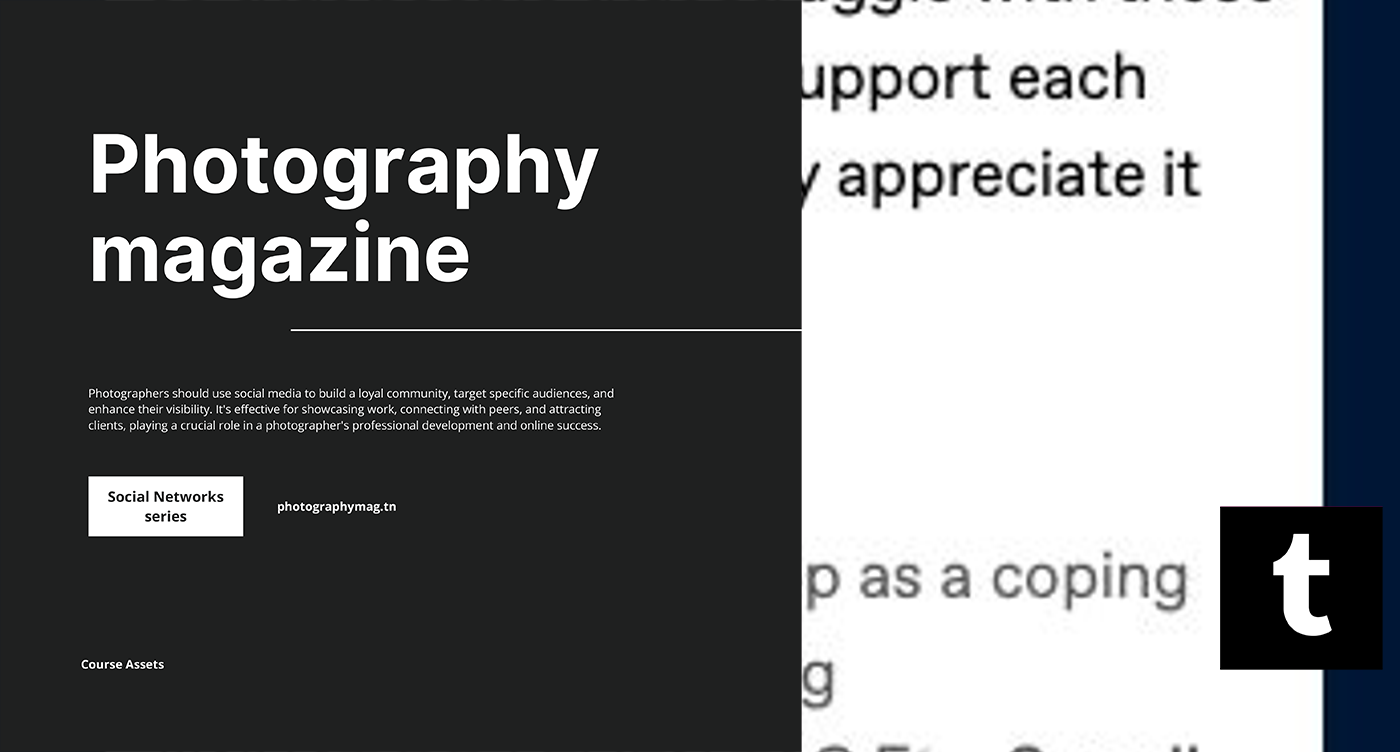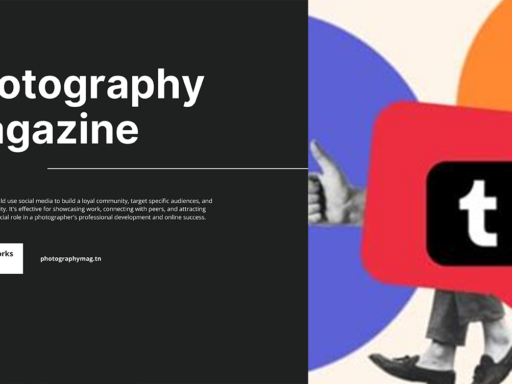What Are the Banned Words on Tumblr?
Ah, Tumblr! The wild and whimsical digital haven where creativity runs rampant, and fandoms reign supreme. But hold your horses! Just when you thought you could express yourself freely, Tumblr threw a curveball in December 2021 by implementing a ban on a slew of words. Yes, you heard that right. This isn’t just any run-of-the-mill censorship; we’re diving into the quirkiest realm of what not to say on this platform. So, grab your virtual dictionary, and let’s explore the fascinating universe of banned words on Tumblr!
A List Like No Other
Let’s start by addressing the elephant in the room. In a shocking twist, Tumblr banned several words and phrases that many users found outright bonkers. Words like “girl” and “sad” mysteriously made the cut. You might think, “Wait… are they giving a seminar on positive linguistics?” Nope, just Tumblr being Tumblr.
So why are these seemingly innocent words banned? The motivation behind these decisions stems from Tumblr’s commitment to combatting hate speech, harassment, and harmful content. They rolled out these changes in their attempt to create a “safe and healthy environment” for all users. However, it seems like they stepped into a batch of banana peels while trying to achieve this noble goal.
Here’s a list of some other fascinating forbidden phrases (take a deep breath before we proceed):
- “Bless”
- “vibe”
- “kill”
- “depressed”
- “trigger”
- “anxiety”
Confused yet? Good! Because it’s about to get even wackier. You see, this list has sparked conversations (or should we say, verbal brawls) all across the platform. Users took to their dashboards, proclaiming their outrage and bewilderment. On a platform known for its expressive nature, how could they possibly restrict like this? Let’s dig in deeper.
The Internet’s Sassy Reaction
After the announcement, Tumblr users didn’t just sit there twiddling their thumbs. Oh no, they let their sarcasm run wild! Memes, posts, and even entire threads erupted with users trying to navigate their emotional experiences without using the word “sad”. You can almost picture the cascading tumblrs echoing with laughter and disbelief!
Imagine someone trying to express their heartbreak without saying “sad.” It’s like asking a bird not to sing. Here’s an example that truly captures the hilarity:
“So, what do you say when you’re feeling, uh, not happy? You can’t say ‘sad,’ so let’s try ‘emotionally misaligned’ instead!”
We praise any Redditor who can come up with new euphemisms that make your heartache sound like a Shakespearean tragedy or a high-budget drama scene, all while tiptoeing around the banned lexicon. Creativity at its finest, ladies and gentlemen!
What’s Cooking Behind the Ban?
Why did Tumblr slap these words with the “do not pass go” stamp? The platform underwent a major shift after acquiring a new vision for user safety and community well-being. With mounting pressure from advocacy groups and users concerned about the prevalence of harmful content, Tumblr is playing the long game. They want people to express themselves but in ways that don’t lead to toxic or derogatory chatter.
It kind of sounds noble, doesn’t it? The main goal appears to be to mitigate triggering language and create a more positive atmosphere. But like everything in life, there’s that fine line between good intentions and full-on absurdity. When you ban common words, it’s as if you’re saying, “Hey, let’s stop speaking the human language altogether!”
The Power of Words: Playful Yet Important
Clearly, words matter. Just ask any poet or bard! But when it comes to social platforms, they come with an entirely different set of dynamics. It’s worth noting that while some people cheer on Tumblr’s intentions, others find it stifling. And isn’t that the crux of internet life? You can’t please everyone. But taking away common language is like trying to build a castle with only a few bricks.
As users explore their emotions on a platform that thrives on anecdotes and storytelling, they need the right vocabulary to articulate their experiences. So how do you replace a simple term like “sad”? With something like “depth-of-my-soul contemplative”? It’s a linguistic maze, and who wants to play a game of semantic Scrabble without all the required tiles?
Let’s Talk About the Alternatives
So, if you find yourself using one of these banned words, what’s a Tumblr wanderer to do? Luckily, the community is endlessly inventive! Here’s a little lexicon of alternatives that could substitute for the no-no phrases:
- For “sad”: “melancholic,” “soul-stirring,” “emotionally complex,” or “epic saga of gloominess.”
- For “girl”: “lady,” “young and fierce warrior,” or “gender-exploring human.”
- For “kill”: “defeat,” “vanquish,” or “utterly obliterate.” (Making a video game reference, of course!)
- For “depressed”: “existentially challenged,” “temporarily not thriving,” or “navigating the gray fog.”
- For “anxiety”: “overthinking specialist,” “attention-seeking panic enthusiast,” or “emotional roller coaster aficionado.”
See? You can still manage to express your profound and never-ending emotions while dancing around Tumblr’s verbal landmines. What a win!
The Irony of Censorship
Here’s the kicker: while Tumblr has implemented these bans with the intention of creating a healthier environment, they’ve inadvertently turned it into a playground for irony. Could it be any more amusing that users are fighting against censorship by bending the rules with comically exaggerated alternatives?
It’s as if the “more you tell me not to” is a challenge that daring Tumblr-anists rise to with glee. One thing’s for sure: this ban has likely sparked a creativity boom, pushing users to explore their linguistic capabilities like never before. Perhaps art thrives when shackled? Who knew?!
The Future of Banned Words
As it stands, the bans are part of an ongoing conversation about how we communicate online. The ever-changing landscape of social media brings new challenges that require constant adjustment. Who knows what words will end up on the chopping block next? The potential for continuous updates allows Tumblr to keep users on their toes. Talk about a roller coaster!
The future may be unclear, but for now, you can be assured that if you want to dive headfirst into Tumblr’s vibrant world, you’d better brush up on your vocabulary game. It’s time to think outside the box… and those banned words!
A Community in Flux
Amid all this chaos, let’s not forget that Tumblr shines because of its community. Allowing users to express themselves freely creates a rich tapestry of human emotion, experiences, and identity. While the ban on certain words jars against that spirit, it’s important to recognize that digital spaces evolve. In this case, they’re evolving with *some* degree of ridiculousness.
And so, as the Tumblr culture continues evolving, so too will its lexicon. Users have the chance to reshape how they communicate, making way for clever creativity and, yes, even memetic gold. After all, when life gives you lemons, make lemonade—preferably without using any of the banned words.
In Conclusion
The word bans that Tumblr has enforced may seem senseless at first glance, but they offer a strange glimpse into the depths of online communication in today’s world. While navigating through the linguistic minefield, one can’t help but chuckle at the absurdities of it all. So, let’s raise our imaginary glasses to the playful creativity, sarcastic witticisms, and the sheer will to forge emotional connections—banned words be darned. Embrace the chaos, and keep creating, fellow Tumblrites!
And there you have it: the wild world of Tumblr’s banned words, where the mundane becomes profound and language transforms into pixelated poetry. Now, go forth and make the most of your limited vocabulary! Just remember: less “sad,” more creatively poignant twists of phrase!





